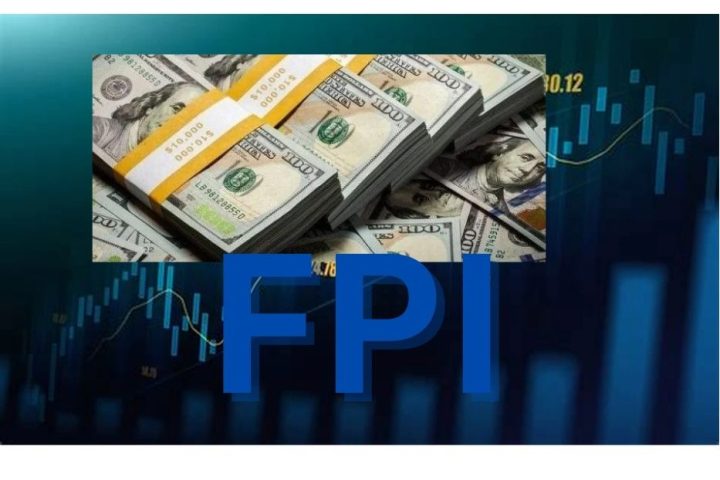As the Central Bank of Nigeria (CBN) continues with its reforms of the foreign exchange market, it has reduced the number of Bureau De Change (BDC) operators to almost what it was in 2009.
In a statement released on Friday, March 1, 2024, signed by Sidi Ali, Hakama, acting Director, Corporate Communications, CBN, the apex bank has revoked the licenses of 4,173 BDC operators over failure to meet the regulatory provisions.
Join our WhatsApp ChannelCBN said its action is in accordance with provisions of the Bank and Other Financial Institutions Act (BOFIA) 2020, Act No. 5, and the Revised Operational Guidelines for Bureau De Change 2015.
READ ALSO:
- Save Naira: CBN Sells $20,000 Forex To BDCs At Reduced Rate Of N1,301/$
- How CBN’s New Monetary Policy Rate Will Affect Businesses In Nigeria – Economic Experts
- CBN Issues New Guidelines For BDCs Operations In Nigeria, Bars Financing Political Activities With Dollars
The statement said the affected operators failed to meet the following regulatory provisions:
“Payment of all necessary fees, including licence renewal, within the stipulated period in line with the Guidelines; rendition of returns in line with the Guidelines; compliance with guidelines, directives and circulars of the CBN, particularly Anti-Money Laundering (AML), Countering the Financing of Terrorism (CFT) and Counter-Proliferation Financing (CPF) regulations.”
CBN further indicated that it is revising the regulatory and supervisory guidelines for BDC operations in Nigeria, adding that “compliance with the new requirements will be mandatory for all stakeholders in the sector when the revised guidelines become effective.
“Members of the public are hereby advised to take note and be guided accordingly,” it stated.
The CBN said the list of the BDCs whose licenses have been revoked is available on the website.
According to data published by Statisense, a data technology company, Nigeria had 100 licensed BDCs in 2006, and 1,147 in 2009. By 2021, the number rose to 5,500 and added more to reach 5,690 in February 2024. However, with the latest revocation of operational licenses of BDCs, the number now stands at 1,517.
The CBN has in the last nine months been battling to stabilize the naira amid the forex crisis. This has consequently led to the issuance of policies in recent times aimed at curbing the activities of currency speculators, especially in the parallel market and generally increasing liquidity in the forex market.
Last week, the CBN issued a revised regulatory and supervisory guideline to regulate all aspects of BDC operations including licensing, governance, sources of funds, forex transactions, reporting, and supervision among others, in line with the apex bank’s objectives.
Commenting on CBN’s move in regulating activities of BDCs operators which some observers have in the past said contributed to the persisting forex crisis, Chief Economist and Partner at SPM Professionals, Mr Paul Alaje, said “The BDC operational methods have been institutionalised in Nigeria” and that the apex bank should be adequately prepared to fight to the last what he called “the giant of worms” in the foreign exchange market.
Also commenting on the CBN revocation of licenses of BDCs that failed to meet the regulatory demands, an X user, Olayinka Abiola, wrote: “What I find interesting about this revocation is that the majority of BDC owners are either former high-ranking CBN employees or well-known Nigerian millionaires who exploit the license for various financial misconduct purposes that harm the economy. Only a few are genuinely dedicated to the services they originally signed up for.”
Victor Ezeja is a passionate journalist with seven years of experience writing on economy, politics and energy. He holds a Master's degree in Mass Communication.


















Follow Us